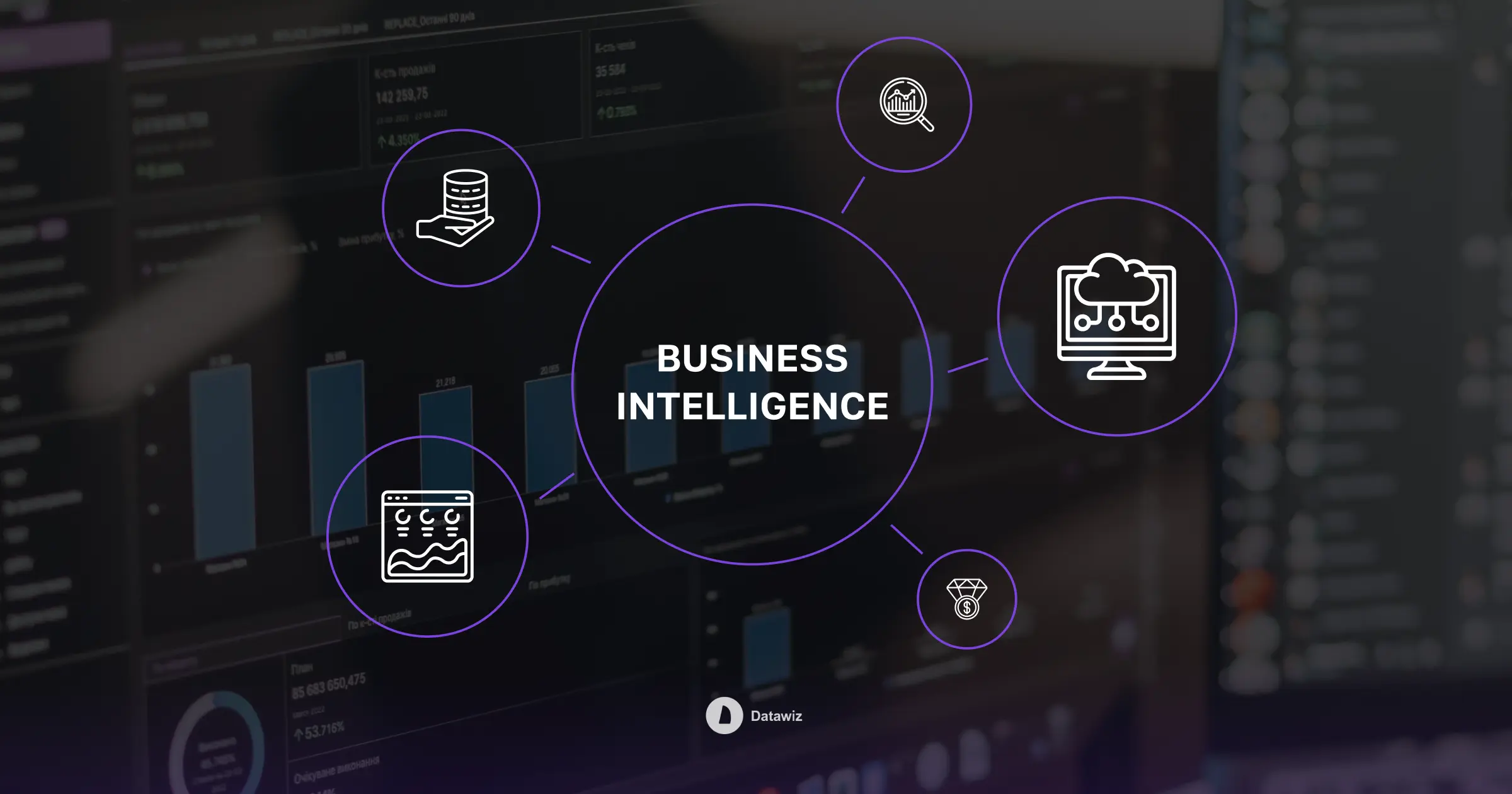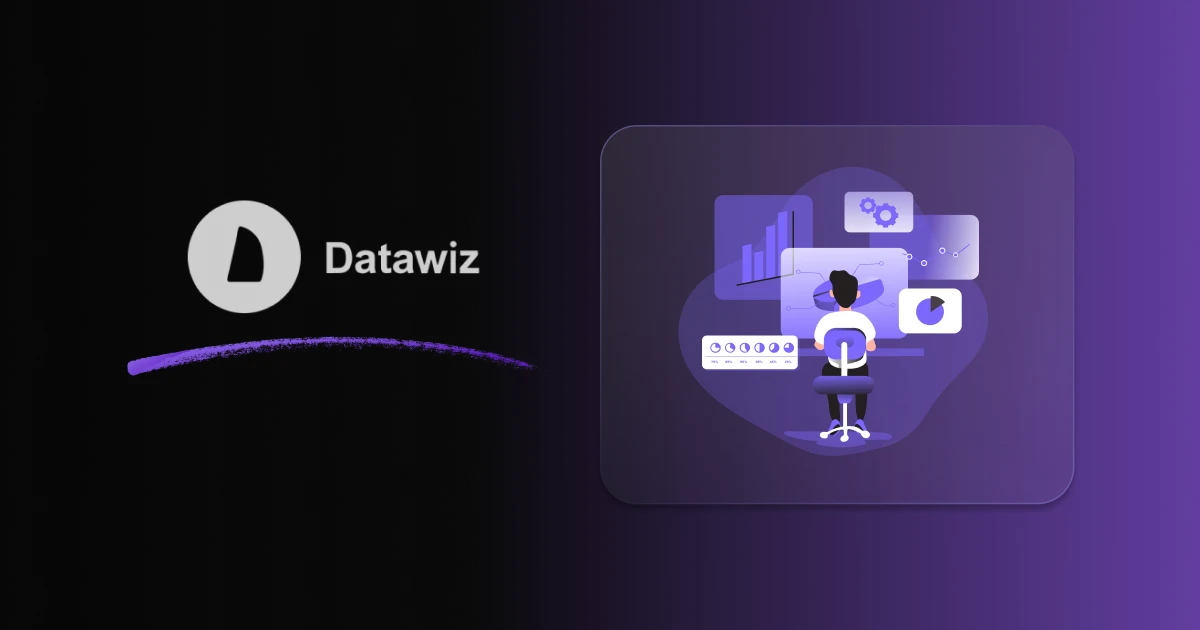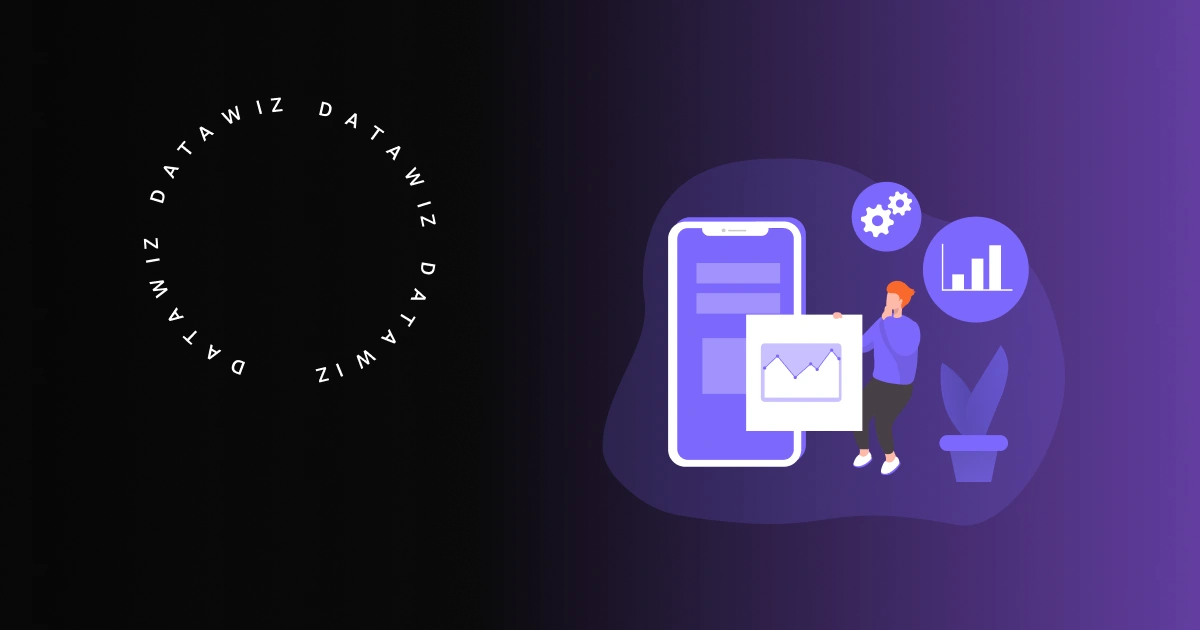In the fast-paced world of retail, every decision—from inventory management to sales strategies—hinges on data. Yet, amidst the myriad of spreadsheets, formulas, and pivot tables, finding clarity can be challenging. This is where Business Intelligence (BI) tools come into play. They transform raw data into actionable insights, enabling retailers to make informed decisions swiftly. However, with a plethora of BI platforms available, selecting the right one tailored to your retail needs is crucial. In this article, we delve into a comparative analysis of four prominent BI tools—Datawiz, Qlik, Power BI, and Tableau—to help you navigate the complexities and choose the solution that best aligns with your business objectives.
Top BI Platforms Powering Retail Analytics
Tableau
Tableau is a data visualization and analytics platform designed to transform complex datasets into interactive, easy-to-interpret dashboards. It provides advanced visualization capabilities, drag-and-drop dashboard building, and real-time data connectivity to multiple sources, including databases, cloud services, and spreadsheets. Tableau is particularly effective for retail analysts and category managers who need to monitor sales trends, track KPIs across stores, and identify patterns in customer behavior. Its strength lies in enabling quick exploration of data without requiring deep technical expertise, allowing teams to spot anomalies, optimize assortment, and evaluate campaign performance efficiently.
Key Advantages:
Highly intuitive drag-and-drop interface for fast dashboard creation
Strong visualization capabilities for complex retail data
Real-time connectivity to multiple data sources
Rapid insights without deep technical skills
Effective for tracking sales trends, KPIs, and customer behavior patterns
Datawiz
Datawiz BI is a retail-focused analytics platform tailored for chains of stores and FMCG operations. It consolidates sales, inventory, and promotional data into structured, ready-to-use dashboards and reports, offering over 60 prebuilt retail-specific analytics templates. Datawiz emphasizes operational efficiency: monitoring stock levels, identifying out-of-stock or slow-moving items, analyzing basket composition, and tracking category KPIs at store and chain levels. Its functionality is designed for category managers, retail analysts, and executives who need fast, actionable insights to optimize assortment, reduce losses, and enhance decision-making without spending excessive time on data preparation or manual calculations.
Key Advantages:
Pre-configured reports specifically for retail operations
Self-updating dashboards providing real-time insights
Role-based access control for secure data visibility at different user levels
Integration with POS systems for direct transactional analysis
Fast onboarding without requiring analytical expertise
Focused on optimizing assortment, monitoring stock levels, and tracking retail KPIs
Qlick
Qlik Sense is a business intelligence platform that combines associative data modeling with interactive visualization and self-service analytics. It enables users to integrate data from multiple sources, perform complex data transformations, and create dynamic dashboards that reveal hidden patterns and correlations. In a retail context, Qlik Sense supports category managers, analysts, and operations teams by providing insights into sales performance, inventory turnover, and customer behavior. Its associative engine allows for rapid exploration of data relationships, helping teams identify opportunities for assortment optimization, promotion effectiveness, and operational improvements across multiple stores or regions.
Key Advantages:
Associative engine for exploring data relationships rapidly
Strong ETL capabilities and multi-source data integration
Interactive dashboards with dynamic drill-downs
Identifies patterns and correlations in retail data
Supports operational improvements and promotion effectiveness analysis
Power BI
Power BI is a comprehensive analytics and reporting platform from Microsoft, designed to consolidate data from diverse sources into interactive dashboards and reports. It offers advanced data modeling, real-time updates, and seamless integration with Microsoft 365, Azure, and a wide range of databases. For retail operations, Power BI enables category managers, analysts, and executives to track sales, monitor inventory, evaluate promotions, and analyze customer trends efficiently. Its strengths lie in scalability and flexibility, supporting both enterprise-level deployments and smaller retail chains, while providing self-service analytics that empowers business users to generate insights without extensive technical knowledge.
Key Advantages:
Seamless integration with Microsoft 365, Azure, and other systems
Scalable solution suitable for enterprises and smaller retail chains
Real-time data updates and comprehensive dashboards
Advanced data modeling for in-depth analysis
Enables self-service analytics for business users
Comparison of Functionality
When evaluating BI platforms for retail, it’s important to look beyond general analytics and focus on how well a system supports day-to-day retail operations. Below is a breakdown of the core functionality of Datawiz BI compared to Tableau, Power BI, and Qlik.
1. Data Source Connectivity
Datawiz BI: Direct integration with POS systems and retail ERP platforms with automatic synchronization of sales, stock, and promotions data. Minimal setup is required for retailers.
Tableau: Broad connectivity to databases and cloud services, suitable for enterprises with diverse data landscapes.
Power BI: Strong integration within the Microsoft ecosystem, widely used for organizations that rely on Azure and Microsoft 365.
Qlik Sense: Advanced multi-source connectivity with robust ETL capabilities, designed for complex data environments.
2. Dashboards & Visualizations
Datawiz BI: Over 60 pre-configured dashboards designed specifically for retail scenarios such as stock monitoring, basket analysis, promotions, and category KPIs. Dashboards update automatically.
Tableau: Industry-leading visualization flexibility, enabling highly customized and interactive dashboards.
Power BI: A rich library of visuals and reporting options with strong customization opportunities.
Qlik Sense: Dynamic dashboards with associative analytics, supporting in-depth data exploration.
3. User Access & Permissions
Datawiz BI: Role-based access tailored to retail structures, enabling store managers, category managers, and executives to work with different levels of detail.
Tableau: Secure access management suitable for enterprise use.
Power BI: Integration with Microsoft accounts provides straightforward role and permission management.
Qlik Sense: Flexible rule-based access controls for complex organizational setups.
4. Ease of Use & Onboarding
Datawiz BI: Built for non-analysts. The interface is intuitive, ensuring fast onboarding for retail staff without prior BI experience.
Tableau: Requires training to unlock its full potential, often favored by data teams.
Power BI: Familiar to Microsoft users and accessible for teams already working in the ecosystem.
Qlik Sense: Offers deep functionality, most effective in organizations with dedicated analytics teams.
5. Retail-Specific Insights
Datawiz BI: Provides built-in analytics for assortment optimization, stock control, promotion effectiveness, basket analysis, and supplier management.
Tableau: Adaptable to retail needs through custom development and flexible visualization tools.
Power BI: Suitable for building retail dashboards within broader enterprise reporting structures.
Qlik Sense: Supports retail analysis through associative modeling and advanced data integration.
AI in Retail Analytics
Artificial intelligence is becoming a natural part of business intelligence tools. For retailers, AI speeds up analysis, simplifies decision-making, and allows teams to focus on strategy rather than manual data processing. Machine learning models can highlight trends, suggest optimal actions, and provide recommendations for pricing, assortment, and stock management. Instead of searching through endless dashboards, AI gives direct, context-based answers.
Datawiz BI
AI Reports & ML Models:
Machine learning–based reports deliver recommendations on pricing, assortment optimization, and stock management.
Predictive models identify risks such as out-of-stocks or overstocks in advance.
AI Assistant (Wizora):
Built-in retail-focused AI assistant.
Answers questions in natural language (“Which categories are underperforming this week?”).
Creates dashboards on request and explains KPIs in plain terms.
Designed for retail managers and executives with no analytical background.
Tableau
AI Reports & ML Models:
Uses Einstein Discovery (Salesforce) for predictive analytics and automated insights.
Supports customer behavior analysis and forecasting.
AI Assistant / Guidance:
Provides automated explanations of data trends.
Suggested insights appear inside dashboards but require configuration.
Power BI
AI Reports & ML Models:
Integration with Azure Cognitive Services and Azure ML.
Offers forecasting, sentiment analysis, and key phrase extraction.
AI Assistant / Guidance:
Q&A feature allows users to type natural language queries into dashboards.
Provides suggested visuals and insights based on report context.
Qlik Sense
AI Reports & ML Models:
Embedded machine learning enhances anomaly detection and pattern recognition.
Supports associative analytics to uncover hidden correlations in retail data.
AI Assistant (Insight Advisor):
Suggests charts, fields, and filters automatically.
Helps users build dashboards quickly without deep BI knowledge.
Each of the compared BI platforms—Tableau, Power BI, Qlik, and Datawiz—brings strong capabilities to the table. Tableau is known for its flexibility in data visualization, Power BI integrates seamlessly with Microsoft’s ecosystem, and Qlik excels in associative data exploration.
For retail, however, the requirements go beyond generic dashboards: businesses need tools tailored to sales analysis, inventory monitoring, supplier evaluation, and promotion tracking. Datawiz stands out by offering pre-built dashboards, retail-focused AI insights, and fast onboarding designed specifically for supermarket and retail chains.
The choice ultimately depends on business context: whether a retailer needs a broad, multipurpose BI platform or a specialized solution optimized for the complexities of offline retail.
 Novedades
Novedades




 ¡No se necesita tarjeta bancaria!
¡No se necesita tarjeta bancaria!